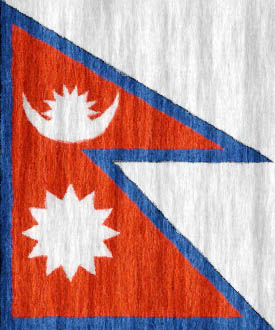IANS
At a time when Nepal is all set to start drafting a constitution in right earnest, settlement of criminal cases of the Maoist insurgency period has emerged as a challenging task for the political parties, leaders said yesterday.
The political parties in principle agree to form a Truth and Reconciliation Commission (TRC) and Commission on Enforced Disappearance (CED) but they are divided over the contents. TRC and CED are regarded as transitional justice mechanisms, Xinhua reported.
The ministry of justice is drafting separate bills for TRC and CED but the United Communist Party of Nepal-Maoist (UCPN-M), a major stakeholder in the peace process, has objected to the government’s unilateral move, warning that it would hit the streets if the government went ahead.
The Maoist party, a signatory to the Comprehensive Peace Accord (CPA), which envisaged forming such a commission, is saying that the government has not consulted all the parties while drafting the TRC bill.
After the Maoists’ objection, political parties on Sunday formed a cross-party committee to prepare the draft of bills and present them to parliament by tomorrow. But the parties are still divided over the contents of TRC.
The UCPN-M is of the view that all the insurgency-period cases should be investigated but there should not be a provision for prosecution. The former rebels are saying that if the provision of prosecution is included, it would not be conducive to maintaining peace through reconciliation in the society.
In the absence of the TRC, the police administration is arresting the cadres of the Maoist party in connection with insurgency period cases. The UCPN-M has already said that the constitution drafting process could not move ahead smoothly if the TRC was not formed according to their demands.
“The fate of the new constitution depends on how the issue of TRC and other peace process-related activities move ahead,” Maoist leader Agni Sapkota said.

